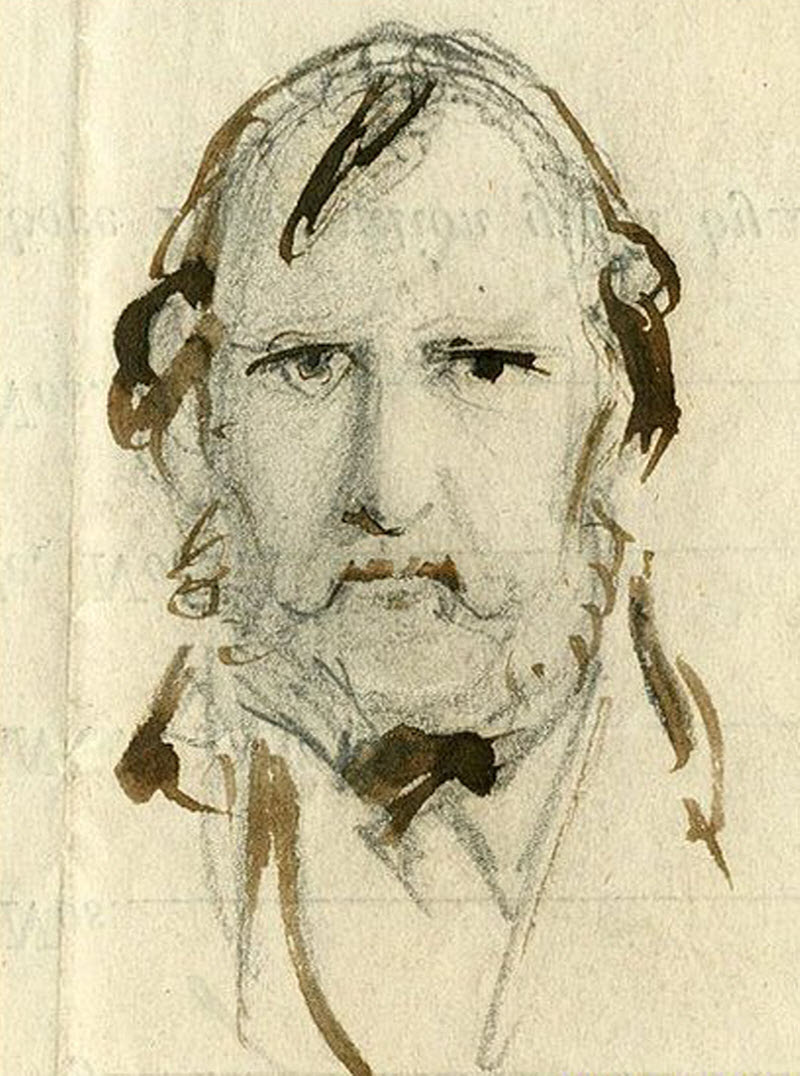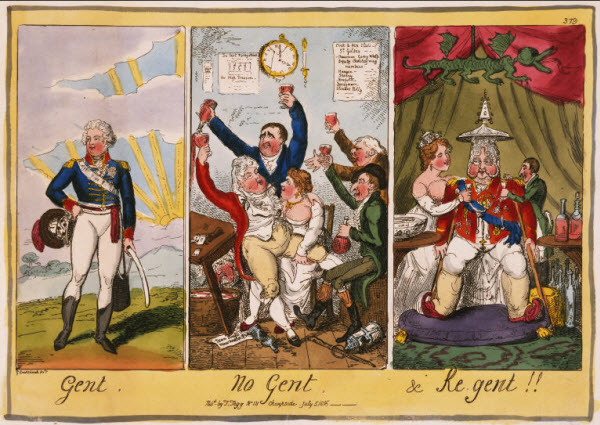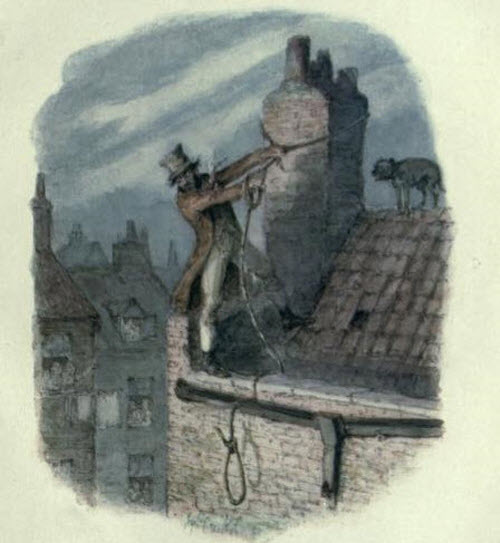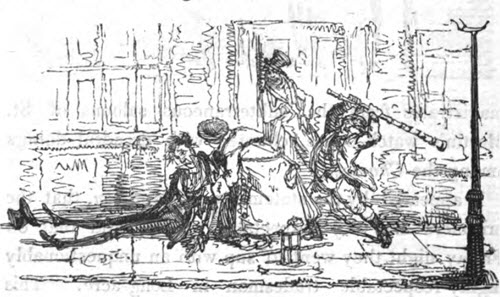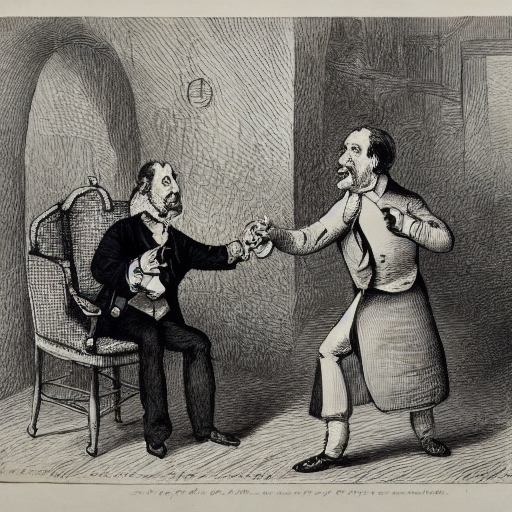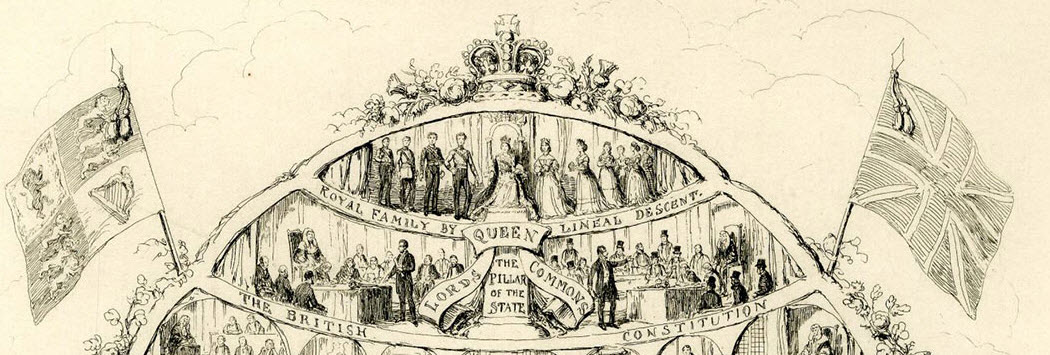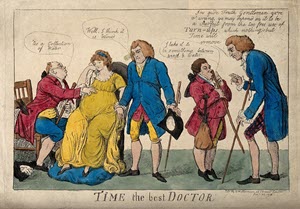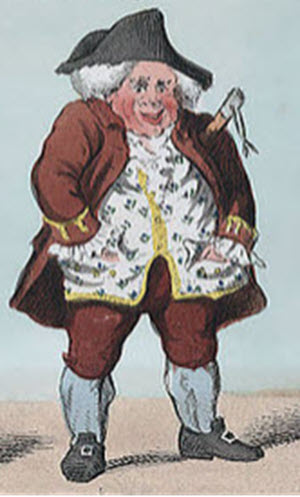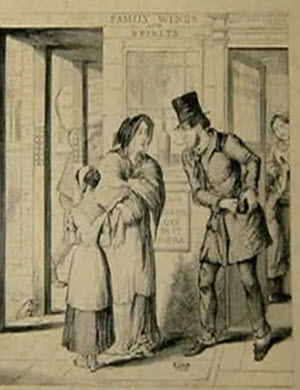Discover the life and works of William Harrison Ainsworth, the influential English author known for his historical novels and sensationalist style. From his early successes with Rookwood and Jack Sheppard to his role as a publisher and editor, Ainsworth left a lasting mark on the literary world. Learn more about this fascinating figure and his impact on popular culture in our in-depth biography.
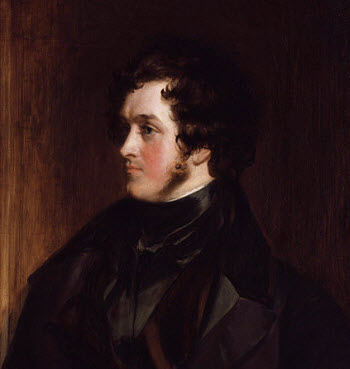
William Harrison Ainsworth (1805-1882) was an English author known for his popular historical novels, many of which were set in 16th-century England. He was born in Manchester and initially trained as a lawyer, but he found his true passion in writing.
Ainsworth's literary career began in the early 1820s when he started contributing to various literary magazines. His first novel, Rookwood, was published in 1834 and became an instant bestseller. It was a Gothic tale of highwaymen and murder, set in the 18th century, and it launched Ainsworth's career as a popular novelist. Ainsworth's novel Jack Sheppard (1839), based on the real-life exploits of an 18th-century thief, was also a sensation and spawned a craze for stories about criminals and highwaymen.
In the years that followed, Ainsworth wrote a string of historical novels, many of which were set during the Tudor period. His novel The Tower of London (1840) was particularly successful and was adapted into a play that ran for over a thousand performances in London. Ainsworth's other notable works include Old St. Paul's (1841), The Lancashire Witches (1849), and Windsor Castle (1843), which was inspired by his love of the eponymous royal residence.
Ainsworth was also a notable publisher and editor. He founded his own magazine, Ainsworth's Magazine, in 1842, which published works by some of the leading writers of the day. He was also the editor of Bentley's Miscellany, which featured contributions from Charles Dickens, among others.
Although Ainsworth helped Charles Dickens become established as a successful author by publishing some of Dickens' work, the two were fundamentally rivals competing for the same audience. Both men wrote historical novels with a fair bit of sensationalism. For much of their careers, Ainsworth was actually the more popular of the two authors, but his books have not stood the test of time. Their popularity faded with the change in literary fashion while Dickens' works proved to be enduring masterpieces.
Ainsworth's novels were popular in their time, but they were criticized by some literary critics for their sensationalism and lack of literary merit. However, he was highly regarded by his contemporaries, and his works had a significant impact on popular culture. His historical novels, in particular, helped to shape the public's understanding of English history.
Ainsworth continued to write and publish throughout his life, but his popularity waned in the latter half of the 19th century. He died in 1882 at the age of 77, leaving behind a legacy as one of the most successful and influential popular novelists of his time. His works are, however, now largely forgotten.
Revised February 20. 2023
